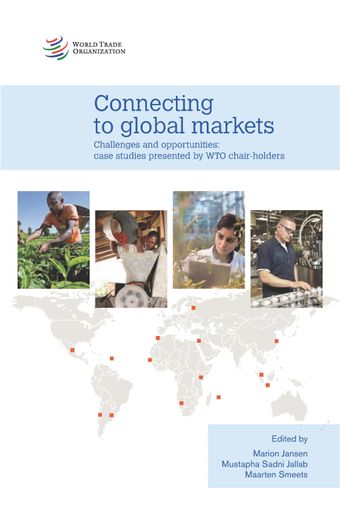- Home
- Books
- Connecting to Global Markets
- Chapter
Value chain governance in export commodities: The case of Indonesia

- Authors: Riza Noer Arfani and Poppy Sulistyaning Winant
- Source: Connecting to Global Markets , pp 25-40
- Publication Date: February 2014
- DOI: https://doi.org/10.30875/8239389d-en
- Language: English
Indonesia has been regarded as one of the success stories of developing countries escaping the resource curse (Rosser, 2004; 2007). In many developing countries, instead of becoming a source of economic growth, abundant natural resources have been associated with stagnant growth, a condition known as the resource curse or the paradox of plenty. As argued by Sachs and Warner (1997), economies with abundant natural resources have tended to grow less rapidly than those with scarce natural resources. Similarly, the resource curse has been defined as “the phenomenon whereby a country with an export-driven natural resources sector, generating large revenues for government, leads paradoxically to economic stagnation and political instability” (ODI, 2006). This chapter will review the efforts undertaken by Indonesia to diminish its dependency on natural resources and to better connect to global value chains (GVCs).
-
From This Site
/content/books/9789287042460s009-c003dcterms_subject,pub_countryId-contentType:WorkingPaperSeries -contentType:Periodical -contentType:BookSeries -contentType:ReportSeries105


